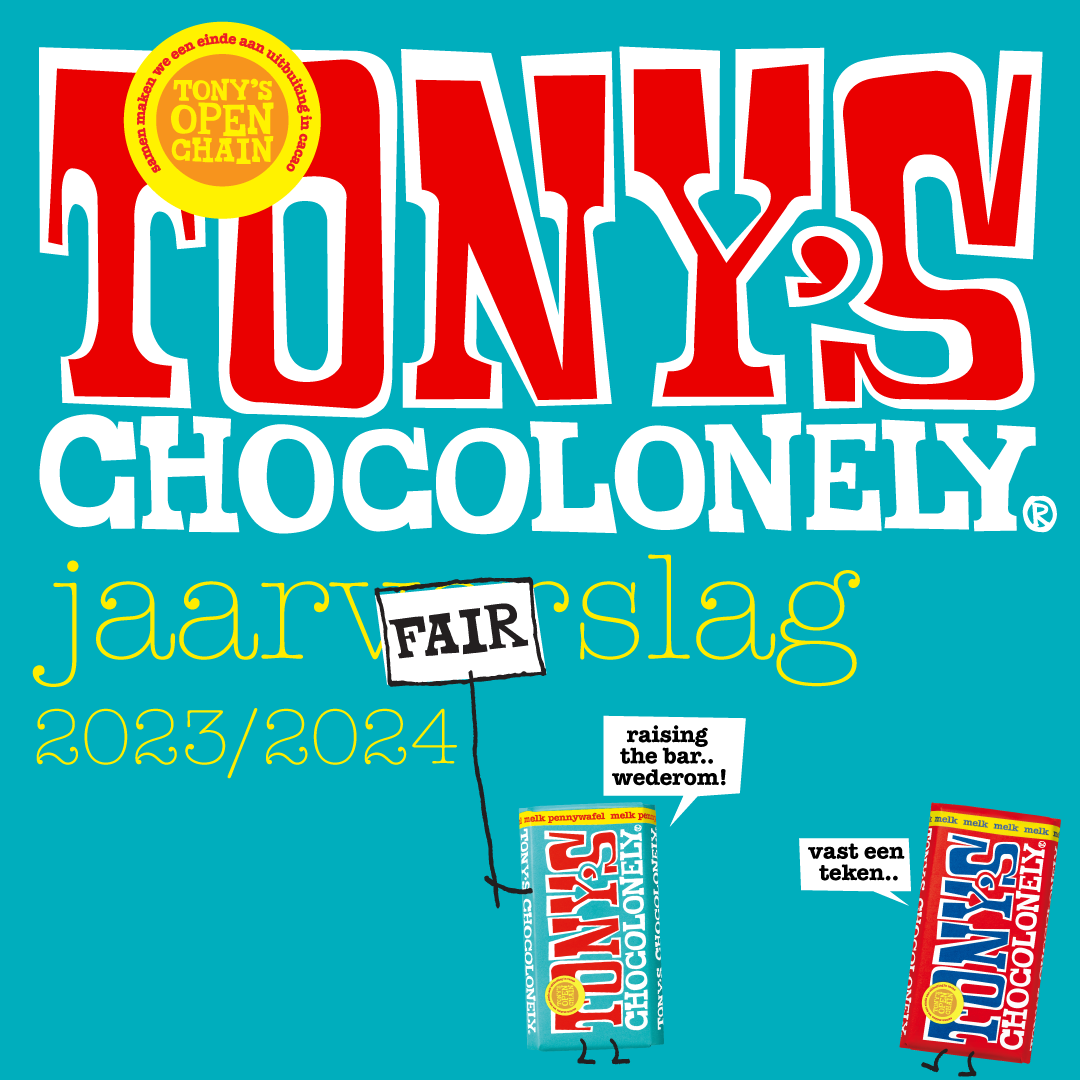Why we disagree with FEP
The Food Empowerment Project (FEP) conducts research on the chocolate industry and publishes a list of chocolate companies that can or cannot be recommended. We are not on the recommended list.

Together we’ll make chocolate 100% slave free.
To be able to achieve this, it is key to work together; no one can be left behind or disregarded when the goal is to change the entire chocolate industry. At the centre of our mission stands responsibility and accountability.
The Food Empowerment Project (FEP) conducts research on chocolate companies and publishes a list of companies that sell chocolate that can or cannot be recommended. We align with the objective of FEP to openly communicate about the progress and initiatives taken in the cocoa sector. Transparency is crucial to inform and empower the consumer to be able to form an opinion and make a better choice.
We however fundamentally disagree with FEP in banning cocoa sourced from West Africa from their list of recommendations. If FEP’s aim really is “to encourage a more just food system so that one day nobody (human or nonhuman) will be exploited, oppressed or harmed by our food choices”, turning away from the situation is frankly not an option, and actually amplifies the problem as farmers who already live in poverty will pay the price for being neglected.
Poverty is the root cause for modern slavery and child labour in the supply chain, which is why we, together with Fairtrade, calculate the cocoa price that enables farmer in Ghana and Ivory Coast to earn a living income: the ‘Living Income Reference Price’. We believe a living income is a human right and actually only the starting point, not the finish line. We want to support the farmers we source from in professionalising. Paying a higher price including a yield target creates an incentive to improve: price is the best fertilizer.
Equally, dismissing Ghana and Ivory Coast as countries “where child labour and slavery are most pervasive”, is no excuse and ultimately intensifies the issue because more generations will suffer, and children will continue to lack the opportunity to go to school. The incapability to address human rights abuses in the cocoa sector when neglecting the two largest cocoa-producing countries in the world seems strikingly obvious. It is thus unethical and not in line with the UN Guiding Principles on Business and Human Rights (UNGP) to turn a blind eye.
Looking the other way effectively means depriving the cocoa farmers that most need it of a platform to unite, to stand strong, and to speak up. To change the entire chocolate industry an inclusive, rights-based approach is needed, simply because it is a matter of respect, dignity, empowerment, and equality.
We are always open to talk about our actions and we are more than happy to answer any questions that our position might spark, please get in touch!




